October is Dyslexia Awareness Month, so let’s get started
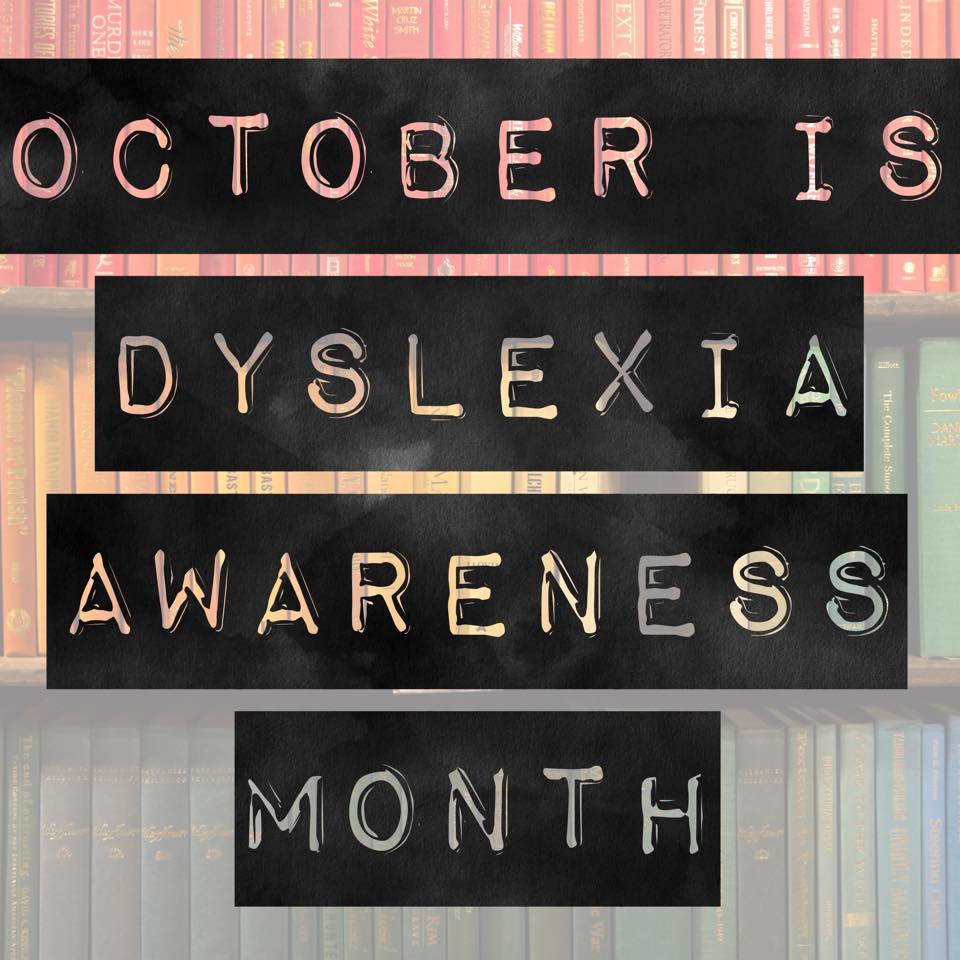
October is Dyslexia Awareness Month and I want to take a moment to talk to you about Dyslexia. I have been a librarian for 26 years and I have never heard us talk about dyslexia in libraries. We did not talk about dyslexia in any of my MLS classes, even the ones that focused on youth. We have never talked about it in youth services meetings or at conferences or at any of the places where people who talk about getting youth to read talk about, well, getting youth to read. I think that we – and here I’m using the greater we meaning the library community as a whole, your mileage may vary – have done our community a disservice by failing to talk about dyslexia, how it impacts our youth and how we as libraries are under-serving our communities by not paying enough attention to dyslexia and other learning disabilities. So let’s start working right now to change that.

About 1 in 5 children has dyslexia and mine is one of them. I talk about her here at TLT as Thing 2. There is a lot I wish I had known about trying to raise a reader who has dyslexia and the learning curve has been hard, for her and I both. I had no idea what it meant to be dyslexic, to raise a child with dyslexia, and what the long term impact on our lives would be. I did not know how hard I would have to fight for her. I did not know that everything I thought I knew about raising a reader would turn out to be entirely wrong. We are two years into our journey and this October I’m here to tell you that chances are if you work in a school or public library then you need to better understand dyslexia in order to properly serve the almost 20% of your patrons of all ages that have it, including kids just like mine.
ADVERTISEMENT
ADVERTISEMENT
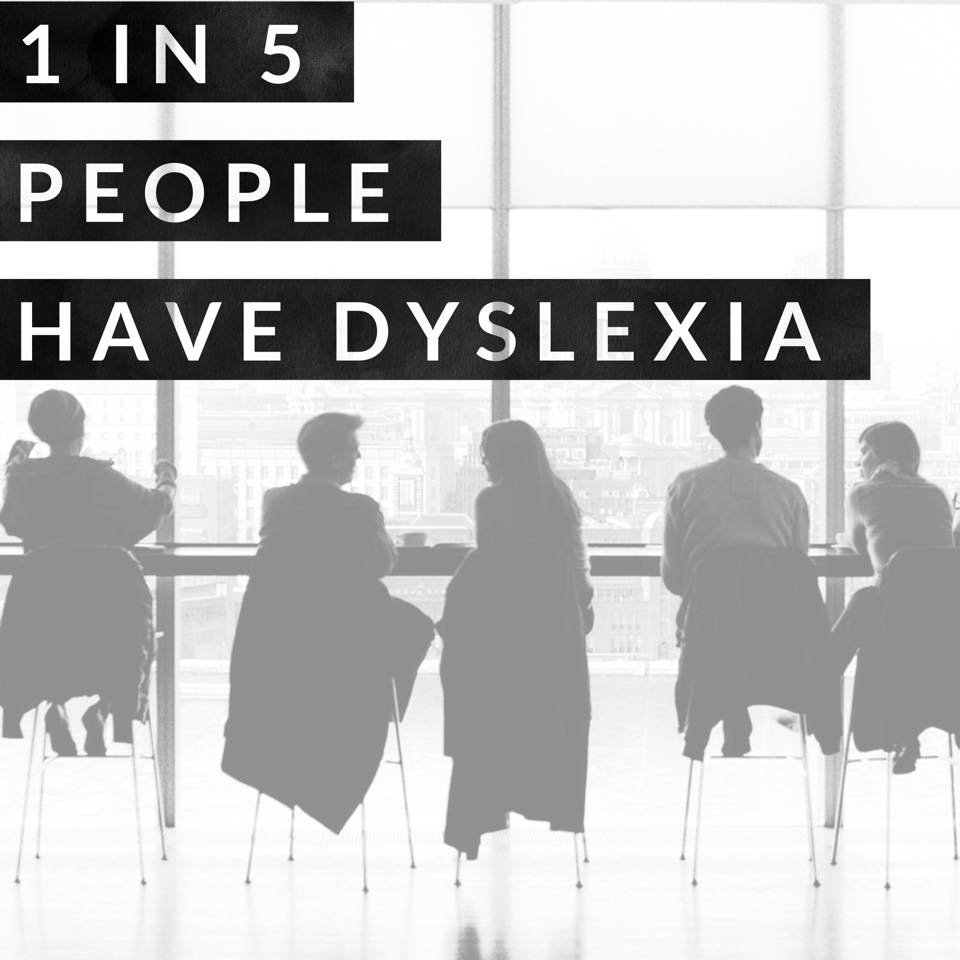
It is only in the past year that my daughter has finally read a complete book and she will be 11 in November. She likes graphic novels (all things Raina Telgemeier), the Here’s Hank books by Henry Winkley and Lin Oliver (which are written specifically with dyslexic kids in mind), the Magic School bus chapter books, and the Black Lagoon series by Thaler. What these books have in common is that they have short sentences, short paragraphs, graphics to help her decipher the text and a lot of white space on the page. There are some specific things to look for in books that can help people with dyslexia read and that includes using a more legible font (sans serif fonts are recommended), providing more spacing between words and line height, having more white space on the page, and having shorter blocks of text. Visually what you want is to create a page that makes it harder for words and letters to run together. This article on 6 Surprising Bad Practices That Hurt Dyslexic Users is a really good resource.
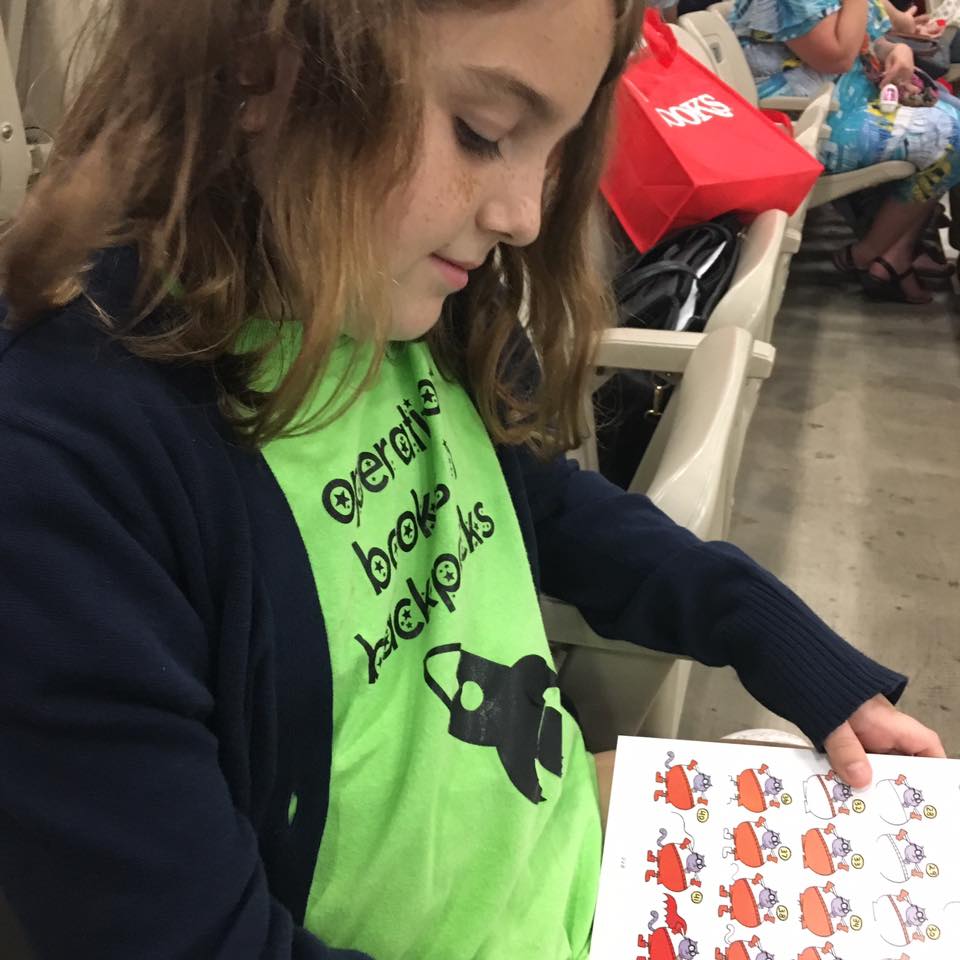
Most people think of reversing letters when they think of dyslexia and this is definitely part of it. My child will do things like reverse her bs and ds, which is pretty common. However, dyslexia is about more than just reversing letters because it has more to do with how the brain receives and processes information. For example, when my child reads she has a tendency to skip sentences, which can be common for children with dyslexia. She usually has to use her finger or a ruler to help her read the entire text because everything just blends together. Dyslexia is about processing information and it effects more than just reading. There’s a really good article about that here: https://time.com/4608060/dyslexia-reading-disorder/.
In library land we often talk about “reluctant readers”. Sometimes these kids are reluctant to read because they have dyslexia, and it is important for us to understand that. When children with dyslexia are diagnosed and given proper intervention, they are often taught a unique system of decoding information that involves using a multi-sensory approach. Unfortunately, most schools don’t even begin to diagnose dyslexia until the second or third grade and by the time these children have failed so many times and fallen so far behind that their self-esteem, their interest in school, and their foundations are already damaged. It is vitally important that parents and schools are aware of dyslexia and what it looks like so that intervention can happen early.
We’ve all heard the importance of reading levels and third grade. This information has told us time and time again that children who can’t read on or at level by third grade are less likely to graduate and are more likely to end up in prison. And yet, we don’t even test until 3rd grade in a lot of states. This needs to change if we want to help get kids reading by 3rd grade.
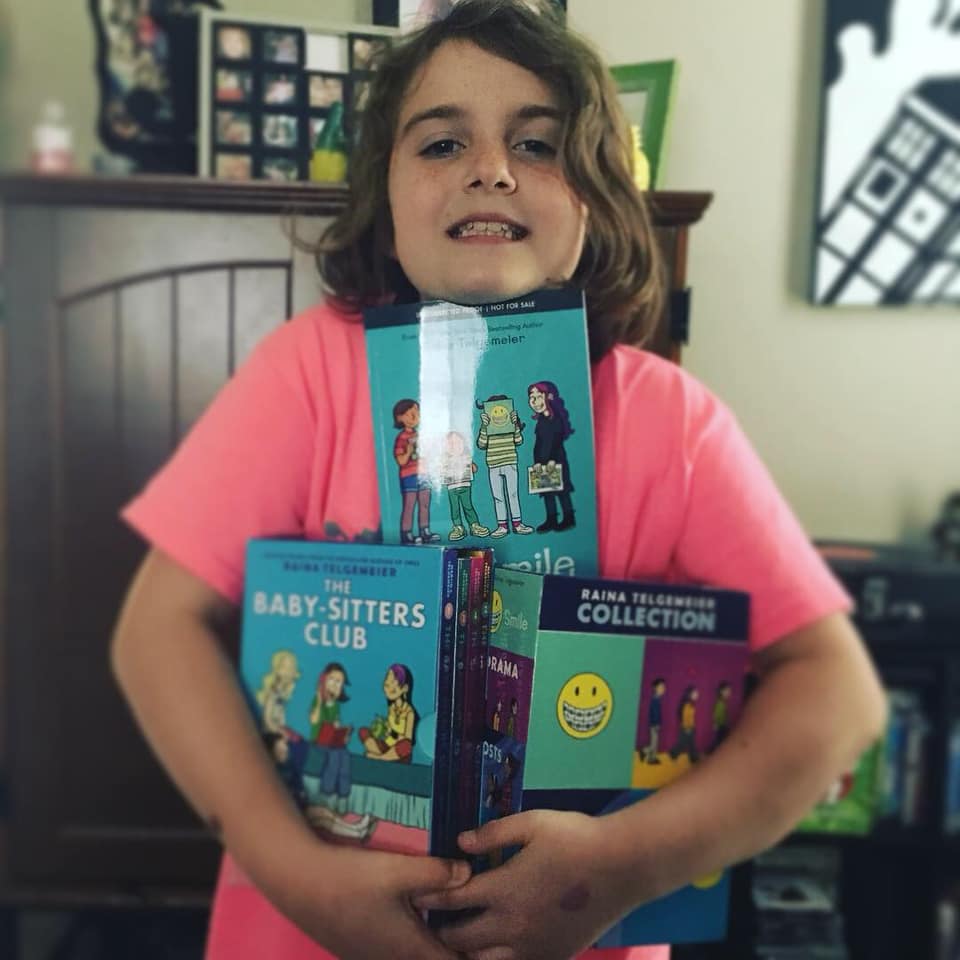
Because the brains of children with dyslexia work differently, the task of reading can make them physically tired. It’s literally draining their energy and it’s important for people who work with kids to understand this. They will often read in short bursts in part because they have problems concentrating, but also in part because the process is just exhausting. Read that again: for many of our youth with dyslexia, reading is quite literally physically exhausting and unenjoyable. But we can help them.
ADVERTISEMENT
ADVERTISEMENT
Dyslexia can have such a negative impact on a child’s self-esteem. I have heard my child call herself stupid so many times. What’s worse is I have had to hold her as she cried because the kids at school have called her stupid. Watching your child struggle with dyslexia means watching your child struggle to love herself in a world that is designed to cater to only one type of brain and trying to find ways to help her love herself. It is a great source of stress and heartache for families. Nothing has made my heart ache more then watching my child struggle to be a reader.
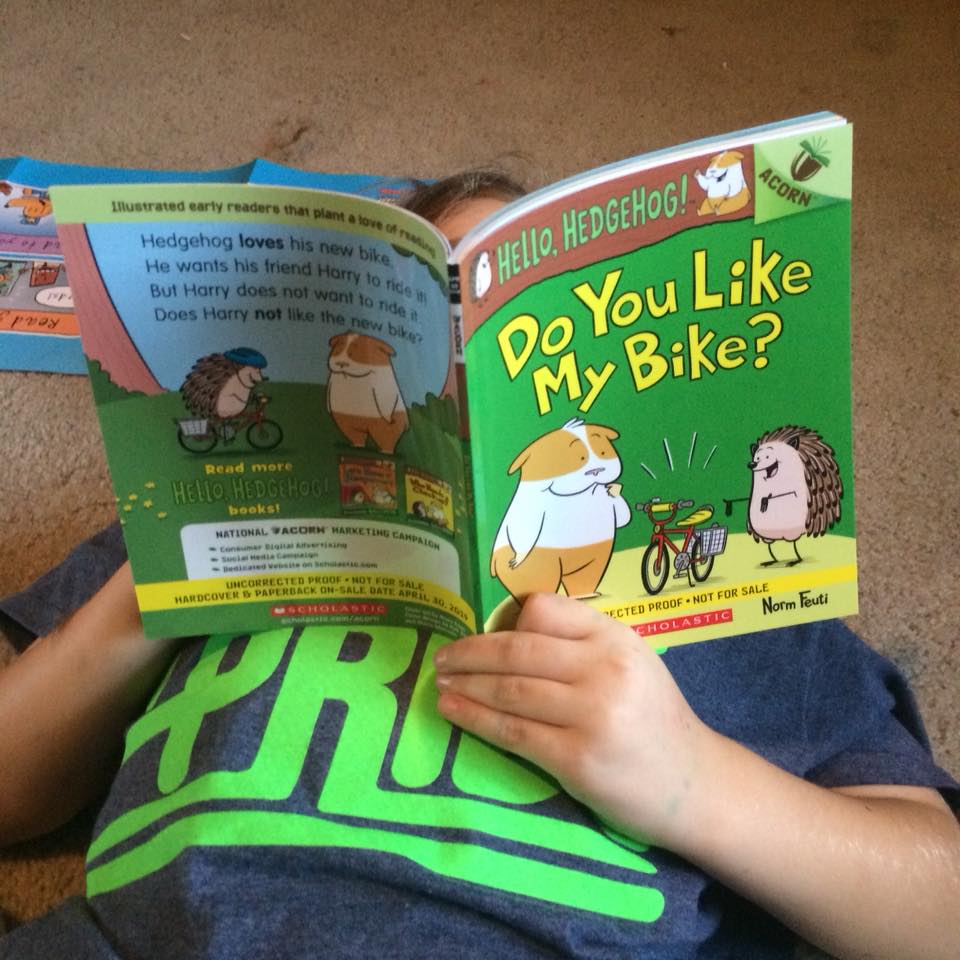
When we talk about reluctant readers or kids not liking to read, I’ve learned that it is important to remember that reading isn’t the same for everyone and some of our children have real struggles regarding reading. But with some care and knowledge, we can help them. I am here to tell you that on the whole, school and public libraries have not done enough to educate staff about issues surrounding dyslexia and other learning disabilities. And we have not done enough to be actively engaged in making sure that we provide accessible signage and services to our patrons with dyslexia. I did a quick search and I did not find a lot of libraries who were actively providing and marketing services to patrons with dyslexia. Upper Arlington in Ohio engaged in services to children with dyslexia. IFLA has some great discussion about services to patrons with dyslexia as well.
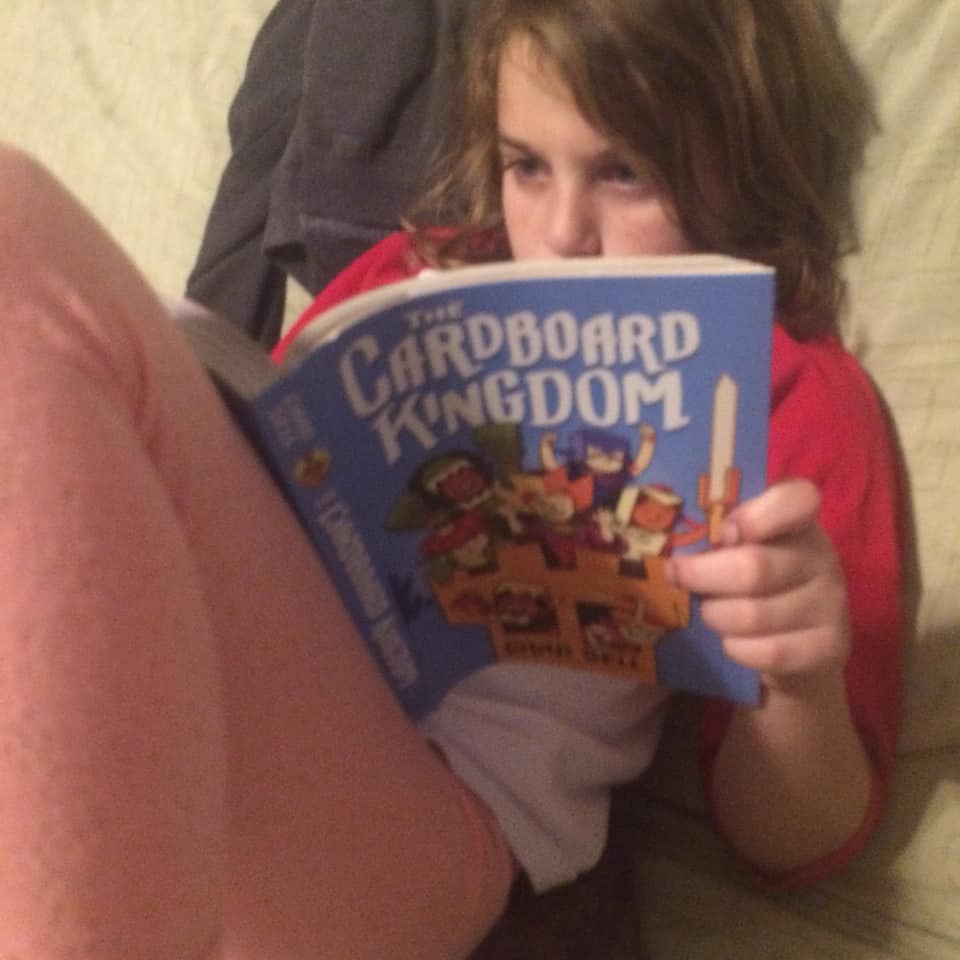
Today, I am here to ask us all to learn more about dyslexia and to implement specific services to our patrons with dyslexia. During the month of October, I will be posting every week about the topic of dyslexia. I will be sharing book lists. I will be sharing an infographic I have created about how libraries can better serve youth with dyslexia. And I will be talking about specific formats that help youth with dyslexia and discussing why they can help our youth become better readers. Please join me and let’s make our libraries more accessible for our youth with dyslexia. Let’s do our part to help ALL the children in our communities learn to love reading, even the ones with dyslexia. And make no mistake, with the proper support and tools, all people with dyslexia can and do learn to read and many of them even grow to love it.
Additional Information
Here are some infographics that help explain Dyslexia. You’ll note in this link that some of the infographics are about ADHD and that’s because it’s very common for dyslexic kids to also have ADHD. Mine does.
Here are a couple of lists curated by dyslexic organizations of books that help parents understand their child’s dyslexia.
21 Helpful Books About Dyslexia for Parents and Educators
If you would like to read about my journey as a parent to a dyslexic child, I have some blog posts about there here:
Being a Librarian Did Not Prepare Me for Parenting a Child with Dyslexia https://www.teenlibrariantoolbox.com/2018/11/sunday-reflections-being-a-librarian-did-not-prepare-me-for-parenting-a-child-with-dyslexia/
How Misuse of the 40 Book Challenge Made My Dyslexic Child Hate Reading and Why I Pushed Back https://www.teenlibrariantoolbox.com/2019/04/sunday-reflections-how-misuse-of-the-40-book-challenge-made-my-kid-hate-reading-and-why-how-i-pushed-back/
Middle Grade Graphic Novels That a Middle Grade Reader Really Loves https://www.teenlibrariantoolbox.com/2019/07/collecting-comics-middle-grade-novels-that-a-middle-grade-reader-really-loves/
So You Want to Raise a Reader? I Have Some Tips for You https://www.teenlibrariantoolbox.com/2019/09/sunday-reflections-so-you-want-to-raise-a-reader-i-have-some-tips-for-you/
Filed under: Uncategorized
About Karen Jensen, MLS
Karen Jensen has been a Teen Services Librarian for almost 30 years. She created TLT in 2011 and is the co-editor of The Whole Library Handbook: Teen Services with Heather Booth (ALA Editions, 2014).
ADVERTISEMENT
ADVERTISEMENT
SLJ Blog Network
2024 Books from Pura Belpré Winners
Passover Postings! Chris Baron, Joshua S. Levy, and Naomi Milliner Discuss On All Other Nights
Winnie-The-Pooh | Review
Parsing Religion in Public Schools
ADVERTISEMENT



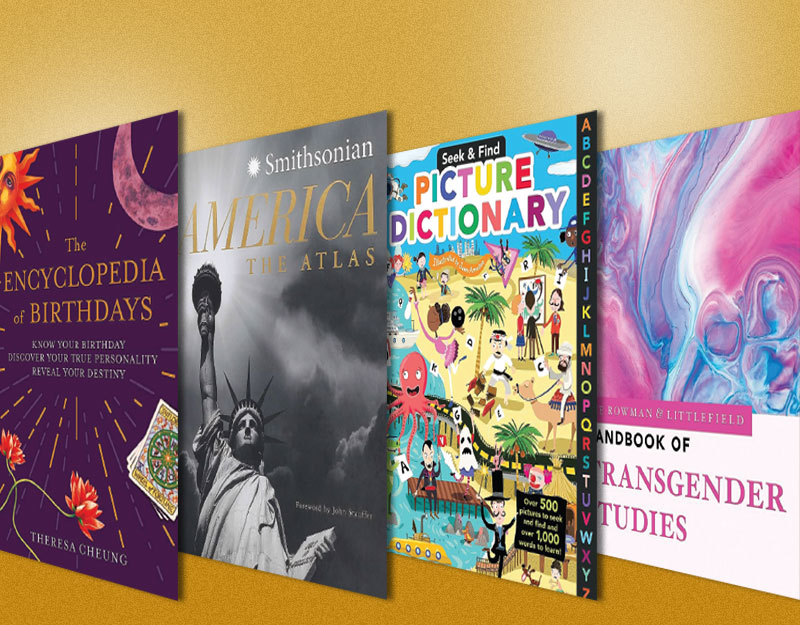
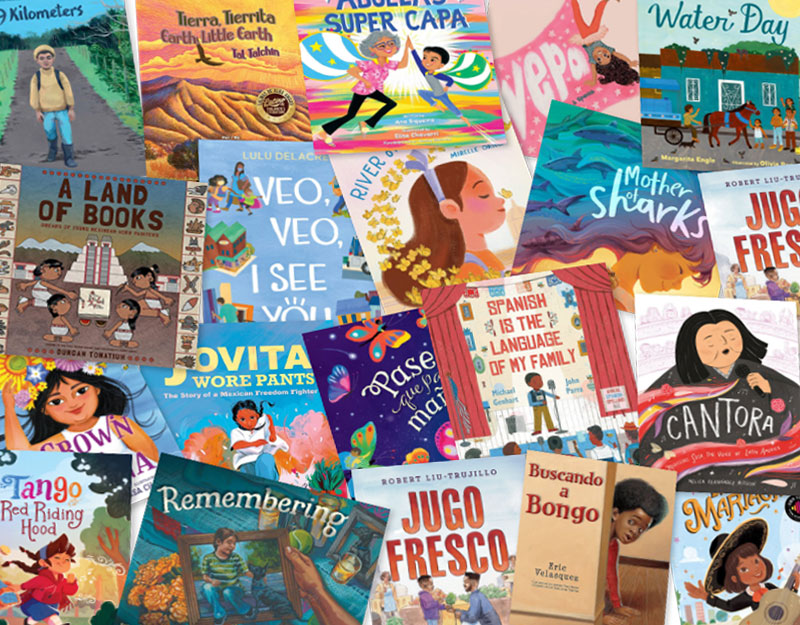
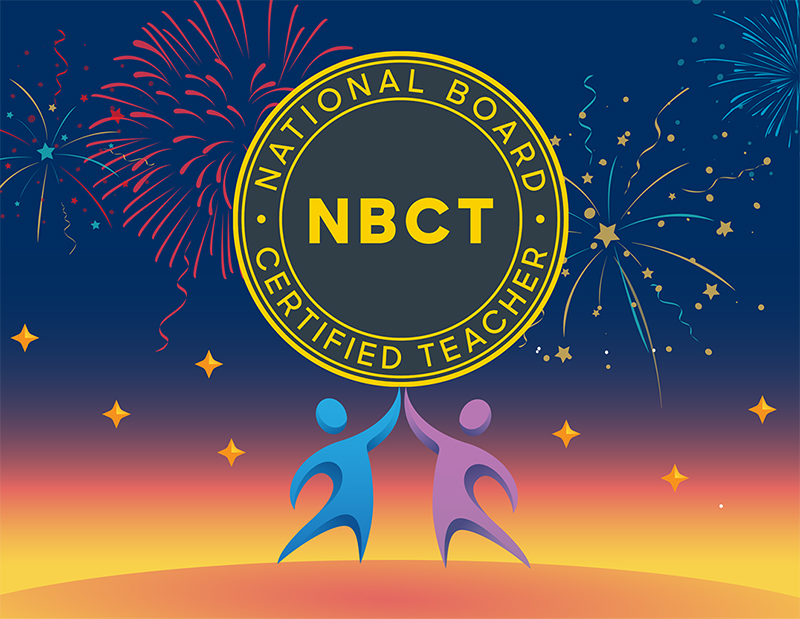

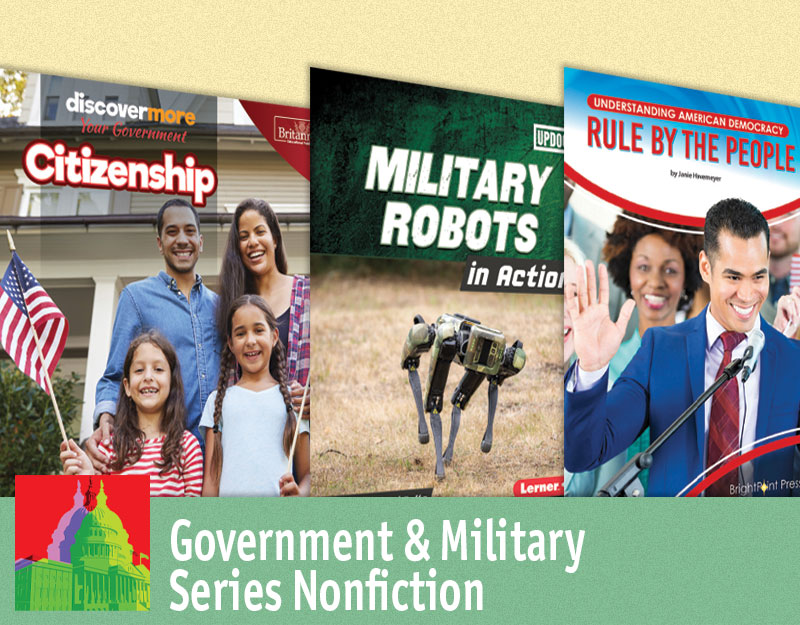
As an adult and librarian who was not diagnosed with dyslexia until after my MLIS, this article is everything and I would to know if there are any groups or initiatives.
I love this. How do I subscribe and get updates on your posts. Thanks for all the work you are doing. Our libraries are interested in helping our Dyslexic learners and I have no idea what to tell them 🙂
Great information. It describes me to a T. At 69 years old, it’s painful to think about all the lost time because no one recognized my reading disabilities. As one of 8 siblings Who were avid, fast readers with good comprehension and retention, it was disheartening to feel so marginalized because I was not able to keep up. But I have learned so much from programs like this that have offered me comfort in knowing that in spite of these issues I was able to be successful in so many areas through tenacity. It’s never too late to change the future.
Thank you so much for this article. Both of my kids have been diagnosed with dyslexia – and in both cases, the school didn’t notice, even when I asked if the older one might have it. It’s so important for schools (and people in general!) to get a better understanding of what it is like for someone with dyslexia, to avoid giving them that unfair and incorrect feeling of not being smart.